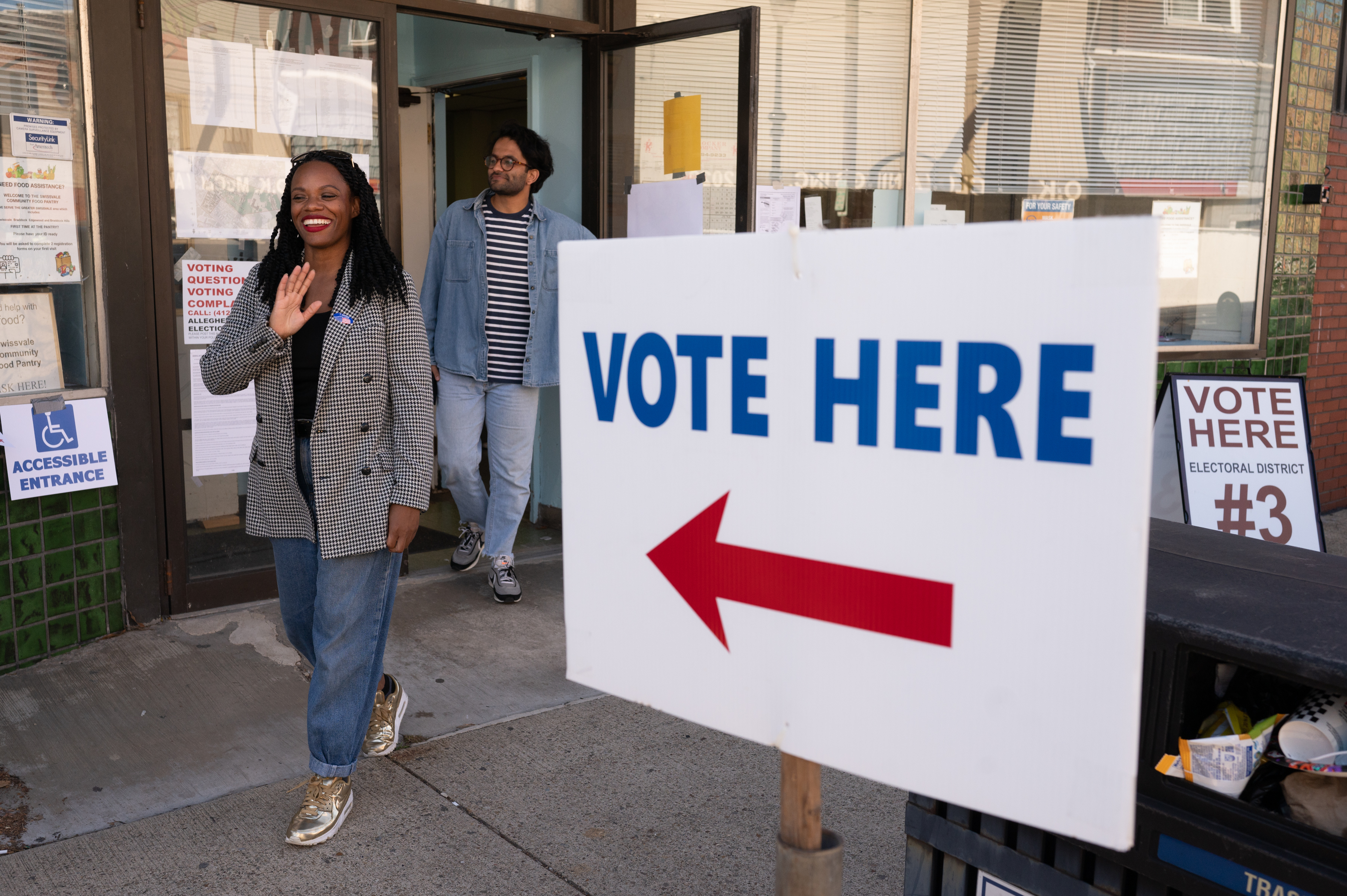A new report from the University of Pennsylvania finds that the state's school districts need additional $3.5 billion to educate all students to meet academic proficiency standards.
In an policy brief titled "An Urban Myth? New Evidence on Equity, Adequacy, and the Efficiency of Educational Resources in Pennsylvania," Penn Graduate School of Education professors Matthew Steinberg and Rand Quinn analyze the so-called "adequacy gap" — the difference between what school districts actually have to spend and the amount needed to reach state targets.
Steinberg and Quinn derive their calculations from the "costing out" study which was performed by the Pennsylvania legislature in 2006. It assumed a base per-pupil cost of $8,000 and then awarded districts additional resources based on student-weighted measures such as poverty and English fluency.
Statewide, based on 2009-10 data, Steinberg and Quinn say 412 of the state's 500 school districts don't have enough. On average, these districts required an additional $1,559 per pupil in order to provide students with the education that the state expects.
Steinberg and Quinn also argue that the Philadelphia School District gets a bigger bang for its educational buck compared to the state's other districts with high concentrations of poverty. The adequacy gap for the Philadelphia School District in the report is $5,478, twice as large as the average district serving the same share of economically disadvantaged students.
"Philadelphia is, in essence, doing more with less, when compared to its peer, high-poverty and low-achieving districts," they wrote in the report.
So would all Philadelphia students become proficient on state tests if the district had an additional $5,478 to spend per pupil?
Local
Breaking news and the stories that matter to your neighborhood.
"Realistically, probably not," said Quinn in the radio interview you can hear by clicking on the player above. "But again, there's no reason to think that achievement wouldn't improve other outcomes that we want for our schools and for our students."



